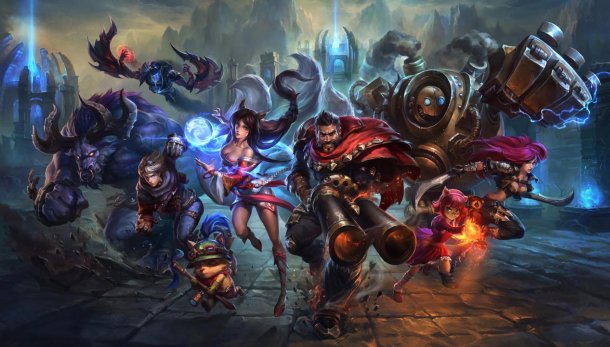Dedicated Network Coming To League of Legends

In an effort to address network issues, Riot is in the process of building a dedicated direct network for League of Legends players.
The work is already underway on the new network and is something Riot has been talking about for a while. The first part of the North American server overhaul process involved setting up new NA server infrastructure for the end of November 2014. The current project is all about optimising the connection players have to this network and means working directly with ISPs (Internet service providers) in the US and Canada. The final part would be finding a new location for the servers.
The goals are to increase stability of connections, decrease packet loss and decrease ping, in that order and to have the hardware and the contracts in place by the end of March.
In terms of things players are being asked to do, Riot are asking them to fill out a survey with their location, ISP and whether their network experience has improved or worsened. In terms of general effect, there’s potential for the setup to have a wider impact on gaming.
Riot note in one of their responses that “Every game’s architecture is different, however we are working with other gaming companies to try and improve stability and make playing games more fun.” Without knowing more about the details there it’s impossible to work out what this might mean in real terms at the moment.
The subject of net neutrality comes up briefly and elicits this response from Riot: “So we are forced to do this because of the way the Internet is architected, not because the ISPs are forcing us to. Net Neutrality is not in play here, this is just the way any network would have to be built to achieve our goals.”
The thing is that doesn’t negate a potential problematic result. Riot and League of Legends are big enough that they can engage a continent’s major ISPs in discussions of this type. What about smaller multiplayer games from tiny studios or startups? My concern when reading about this (and not being in any way an engineer or telecomms specialist) is that bigger game studios and brands could benefit their players in this way – which is lovely for them – but that smaller companies could be forced out simply due to lack of clout.
